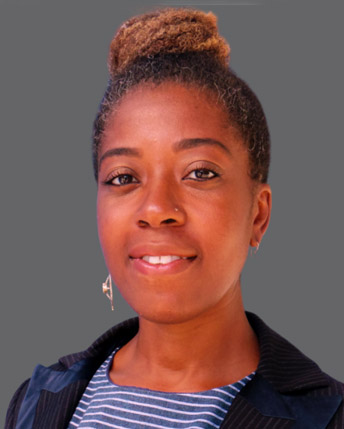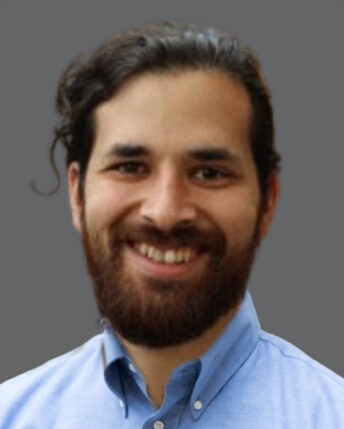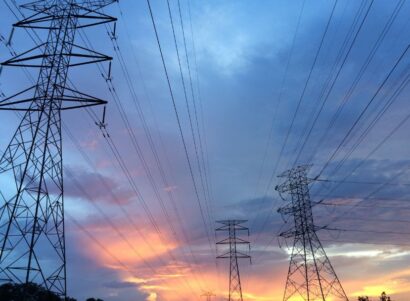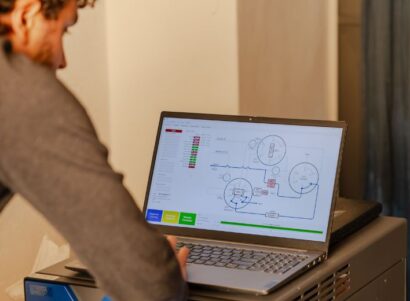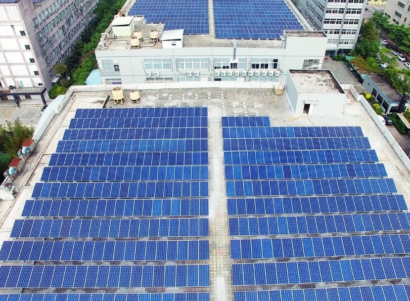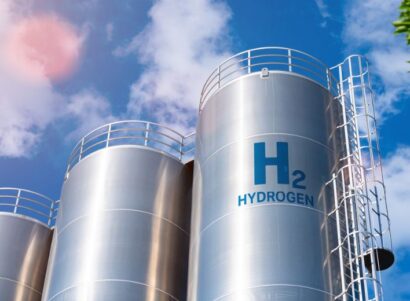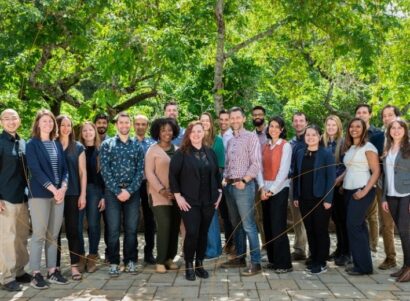PSE Energy Quarterly is the newsletter of Physicians, Scientists, and Engineers for Healthy Energy, a nonprofit research institute dedicated to supplying evidence-based scientific and technical information on the public health, environmental, and climate dimensions of energy production and use.
Featured
GUEST COMMENTARY IN CALMATTERS
Local clean energy can be the foundation for climate resilience by PSE Senior Scientist Patrick Murphy and Director of Energy and Public Health Lee Ann Hill.
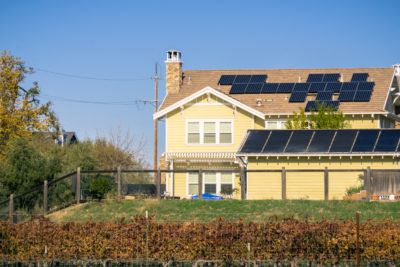
News Briefs
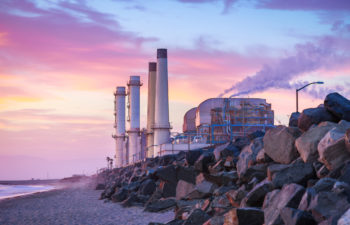
Public Health Science Advisory Panel
California’s oil and gas regulator, The Geologic Energy Management Division (CalGEM), released a discussion draft of their public health rule on oil and gas development. The agency received scientific guidance from a national Public Health Science Advisory Panel, chaired by PSE’s Dr. Seth Shonkoff and Dr. Rachel Morello-Frosch of UC Berkeley. Read the co-chair’s joint statement here.
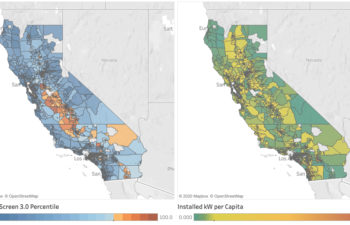
Study: Unlined Waste Disposal Pits Endanger Groundwater in San Joaquin Valley
California’s San Joaquin Valley is one of the oldest and most extracted oil and gas basins in the US. For decades, state law has allowed water extracted during oil and gas production, known as produced water, to be disposed of in unlined pits. In a peer-reviewed study, scientists at PSE examined the effects of unlined produced water ponds on groundwater resources in the Central Valley’s Tulare Basin.

Kitchen Pollutants Study
PSE scientists are continuing their research to examine the relationship between natural gas, indoor air quality, and human health. Samples have been collected in California, Texas, Indianapolis, Illinois, and Massachusetts, but sampling efforts are ongoing across the United States and internationally. In early 2022, we’re looking for volunteers in New York City, Washington D.C., and beyond. Sign up here to participate!
Literature Review Examines Methane and Health Damaging Air Pollutant Emissions From Oil and Gas
PSE researchers reviewed the last ten years of research on methane and health-damaging air pollutant emissions from the upstream, midstream, and downstream sectors of the oil and gas industry. The literature review provided insights on the health and climate dimensions of emissions from oil and gas and highlighted high-impact approaches to emission control.
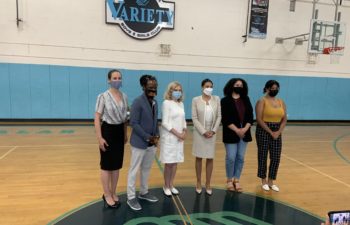
Dr. Krieger Joins House Committee Roundtable on Peaker Power Plants
PSE’s Dr. Elena Krieger joined the U.S. House Committee on Oversight and Reform for a hybrid roundtable entitled “Tackling Peak Pollution: Achieving Environmental Justice for Frontline Communities.” The event focused on the public health and equity impacts of peaker power plants as part of the Committee’s broader efforts on the Biden-Harris Administration’s Justice40 Initiative. Watch Dr. Krieger’s remarks on the operational, environmental health, and demographic characteristics of peaker power plants.
Meet Our Newest Team Members!
Regine Zamor joined PSE as the grants and development manager in September. She brings over ten years of international development experience across emergency relief, recovery, economic development, and sustainability areas. Zamor is pursuing a Communications Degree at CUNY SPS, is an alumni of the THNK School of Creative Leadership, and has a design certificate from the University of Chile.
Angélica Ruiz, MPH joined PSE in September. As an Environmental Health Analyst, her work focuses on the public health impacts of extractive industries. Ruiz has a Master’s in Public Health in Environmental Health Science from the University of California, Los Angeles, a BS in Health Science, and BA in Women and Gender Studies from California State University, Fullerton.
Yunus Kinkhabwala, PhD joined PSE in October 2021 as a clean energy scientist. His work focuses on the public health, equity, and economic impacts of clean energy transitions. Dr. Kinkhabwala received his PhD in Applied Physics from Cornell University as a National Science Foundation Graduate Research Fellowship Program fellow where he developed methods inspired by statistical physics to forecast small area demographic changes.

Rebecca Tisherman joined PSE in November as a geoscientist. She brings expertise in the transport and fate of trace metal-contaminated sediments and her work focuses on the environmental impact of oil and gas development on water resources. Tisherman received her BA in Environmental Studies from Connecticut College and will receive her PhD in Geology and Environmental Science from the University of Pittsburgh in January 2022.
PSE in the Media
- TechXPlore: Microgrids and solar reduce risk of power outages
- NM Political Report: Climate Summit discussions include equitable transition away from fossil fuels
- Grist: Study: Toxic fracking waste is leaking into California groundwater
- Inside Climate News: Unchecked Oil and Gas Wastewater Threatens California Groundwater
- Digital Journal: Unlined waste disposal pits endanger groundwater in San Joaquin Valley
- Santa Barbara News-Press: Proposed rule would prohibit new oil wells near homes
- Natural Gas Insight: California Moves to Enact Broad Setbacks to Prevent New Oil, Gas Drilling Near Communities
- Courthouse News Service: Newsom backs tougher rules, buffer zone for oil wells
- Office of Governor Gavin Newsom: California Moves to Prevent New Oil Drilling Near Communities, Expand Health Protections
- Capital & Main: California Proposes 3,200-Foot Buffer Zone Between Oil Wells and Homes, Schools
- The Hill: Newsom ‘takes the bull by the horns’
- NM Political Report: Environmental advocates say draft ozone precursor rule should be strengthened
- RTO Insider: Climate Activists Condemn $170M in Public Bonds for Gas Plant
- KTNV Las Vegas: Fighting climate change for low-income communities in Southern Nevada
- AP News: Nevada groups focus on climate impact on diverse communities

